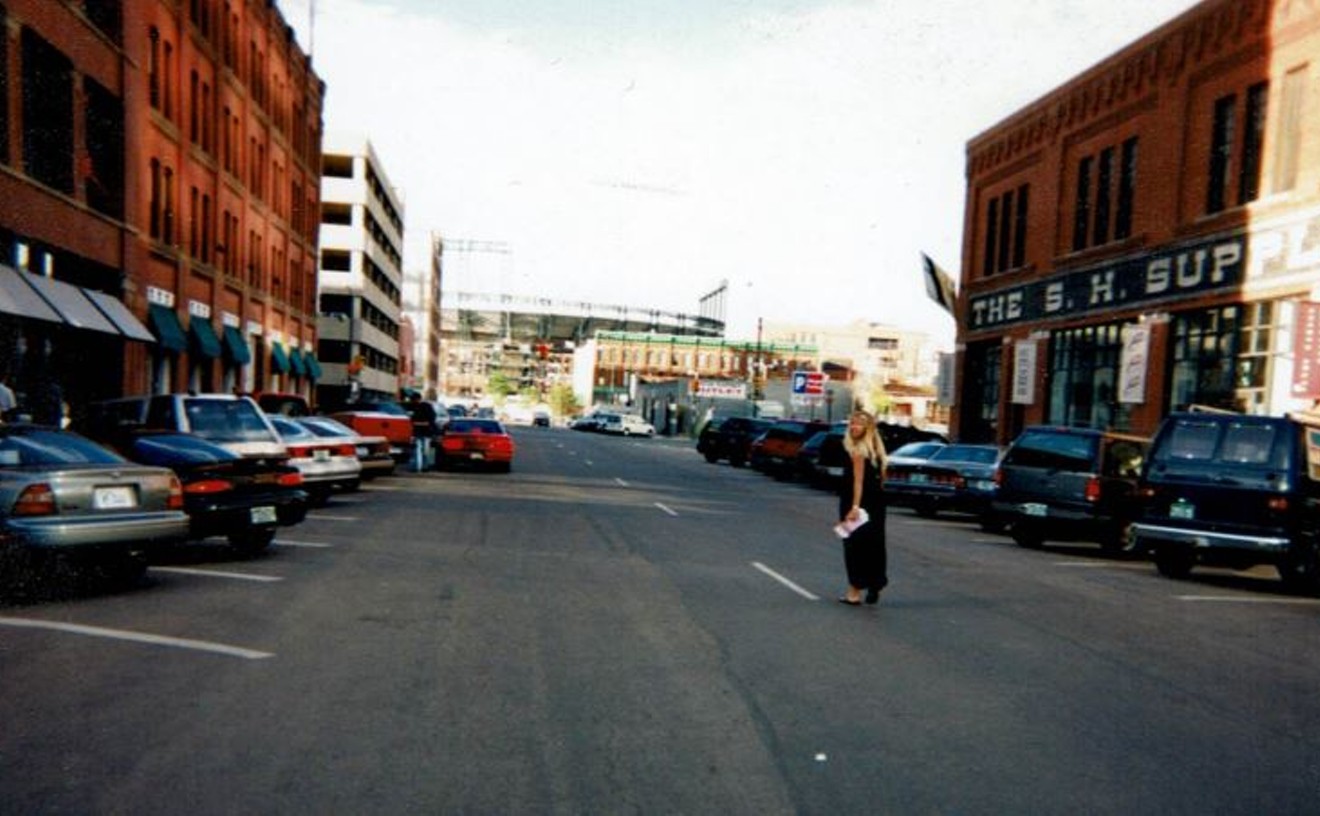According to Suthers, "Social media is a great way to keep the public apprised of the important work we and other public entities do on behalf of the people of Colorado." And that kind of makes sense. After all, politicians like Barack Obama and John Boehner boast around 17 million and 200,000 "likes," respectively, and their status updates garner thousands of comments -- people are clearly interested in engaging politics through social networking.
On the other hand, Obama and Boehner are, besides being makers of public policy, really, really famous -- they're the faces of change, of polarization, men of power and fame. It's debatable whether the policy they create is even as important as they are, and if it is, it's the power to change it that makes them interesting. The bureaucracy that implements that policy, however, does not have so glamorous a reputation.
Even Suthers, whose own Facebook page only halfway defers to his own ban on having Facebook pages (it has no commentary wall, and the info is just his Wikipedia page), is of little interest, it seems -- even though he has some sway over policy, he's just not that famous. How many people "like" him, you ask? A whopping 27.
The Colorado Department of Corrections takes a similar approach, maintaining a page that sports only a Wikipedia entry -- and the Wikipedia entry isn't even informative. It just gives a list of CDOC facilities in the state. Even still, in terms of fans, the agency does slightly better than Suthers, clocking in at 36.
At least one state agency seem to have ignored the ban outright, maintaining an active page in spite of it. But even though the Colorado Department of Public Health and Environment was sticking it to the man, and even though it maintains a respectable page (as far as bureaucratic social networking goes -- status updates appear at least on a regular basis, more or less once a day) it's failed to reach the 100-mark in terms of fans.
That's not to say that an agency can't run a good page; the Colorado Springs Police Department (which also appears to have ignored the ban entirely) runs a fine one, with daily status updates that range from police-blotter crimes to traffic warnings -- stuff that's actually useful. The Denver Police Department's page, on the other hand, is utterly worthless.
Suthers is right in one way: Social networking can be a quick, effective and engaging way to get information to people. But as so many crappy bands learned back in the early 2000s when MySpace promised to blow up every band with a pimped page like a balloon with a firecracker in it, social networking cannot make interesting that which is not interesting -- and you can't do it half-assed, either. If state agencies actually have an interest in engaging their constituents, they'll need to work Facebook for it to work like them -- lest they end up like the Connecticut Department of Motor Vehicles.










